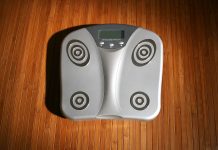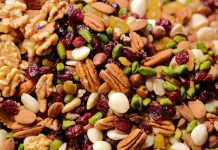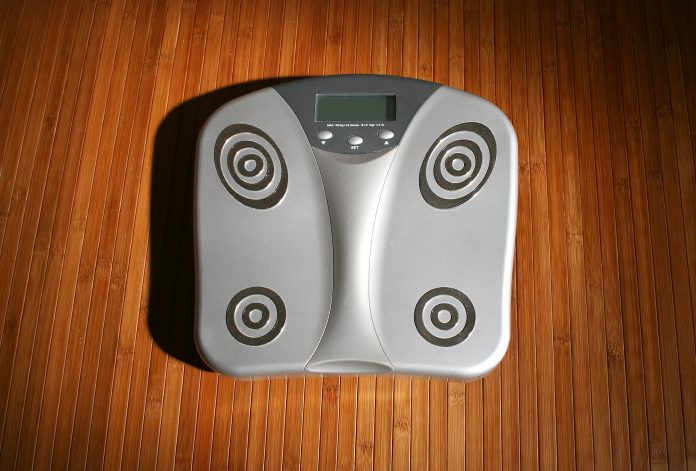Do you get on the scale in the morning and measure your health by whether the needle is at a certain number? I see it all the time. You’re torturing yourself physically and mentally. Yet, as you de-emphasize results (weight), encourage unhealthy choices, and focus on finding and eliminating triggers that come in over time, your clients will One by one you will see yourself happier, healthier, and much lighter. To keep your ideal weight.
Here are 15 non-scale-related clues that you’re healthy.
1. They eat real, whole foods, not processed foods. They enjoy lots of fruits and vegetables. They eat whole grains such as quinoa, farro, and barley rather than bread, chips, and crackers.
2. You recognize and understand your cravings and have effective ways to deal with them.”Oh, the ice cream in the freezer is screaming my name.” What is going on and what is my strategy to stop it… now?
3. They eat regularly and usually don’t skip meals. Eating is an enjoyable and necessary part of your day. Perhaps you know the value of healthy “snacks” to plan meals and maintain between meals.
4. Don’t make arbitrary rules about food. For example, “If you fast for the day, you can go out to dinner and eat whatever you want.”
5. Eat when you’re hungry. You recognize hunger signs and take your time eating real food when hunger strikes.
6. Stop eating when you are full. Is a second bowl of pasta too tempting or compelling to clear the plate? Change your relationship with food and stop obsessive eating.
7. Exercise in traditional ways, such as jogging or going to the gym, or in functional ways, such as gardening, shopping, carrying bags, cleaning, or commuting. Movement is the key to almost everything… Heart health, bone health, muscles, brain health, mood, and better sleep. It is a stress buster, and an energy booster, and can help fight many health problems and ailments and help you lose and maintain weight.
8. Don’t label food (or your behavior) as “good” or “bad.” They understand that desserts and sometimes fried foods are healthy choices. Foods such as ice cream and fried squid become another healthy option when you control the food, instead of the food controlling you.
9. They have social ties – friends and community-oriented relationships. Intimate relationships are important to our well-being and overall well-being. People with stronger social ties have fewer stress-related health problems, lower risk of mental illness, and recover faster from trauma and illness. 10. Sleep time is 7-8 hours. Sleep and sleep deprivation affect everything from learning and memory, metabolism and weight, safety to yourself and others, mood, cardiovascular health, and disease prevention.
11. I have a strong strategy for dealing with stress. Do you recognize when you are stressed? How are you? eat? shopping? gambling? Throw a blanket over your head? Or do you confide in someone, go for a walk, exercise more, and slow down your breathing? Implementing a strategy that works for you is key to mitigating the negative effects of stress.
12. You celebrate your achievements. Focus on what you didn’t do as well as what you did. At the end of the day, do you say to yourself, “Oh my gosh, look what I still have to do”?
13. Schedule regular self-care. Do you care for yourself the same way you care for others? From attending an important doctor’s appointment to getting a haircut, to having lunch with friends, making time for yourself is essential to your health.
14. You try to push the boundaries of your comfort zone. We stumble when indecision, fear of the unknown, and limited beliefs stand in our way. Having the awareness and ability to overcome these obstacles creates growth and increased well-being.
15. Make the most of your weekends. Are you sleeping half the weekend or are you making the most of your time? Take time to slow down, have some ‘fun’, and let friends and family marvel at your physical and mental health. See you doing what you should be doing.













